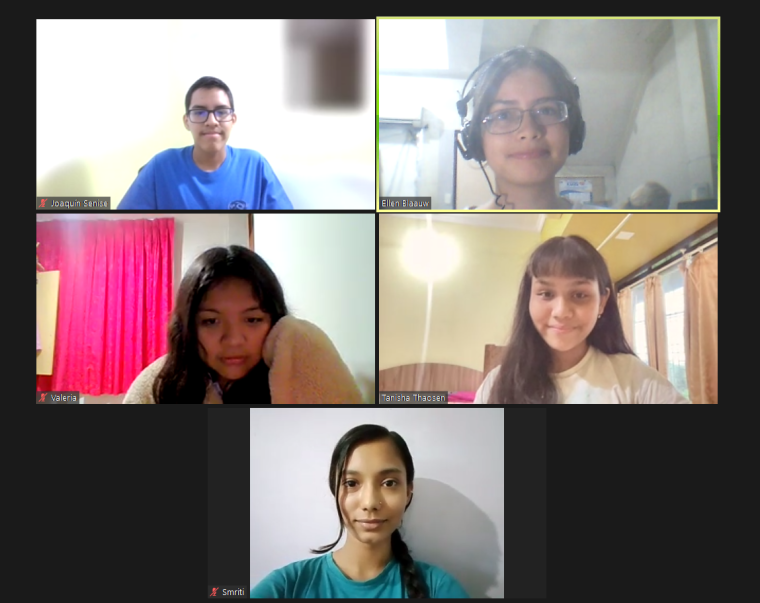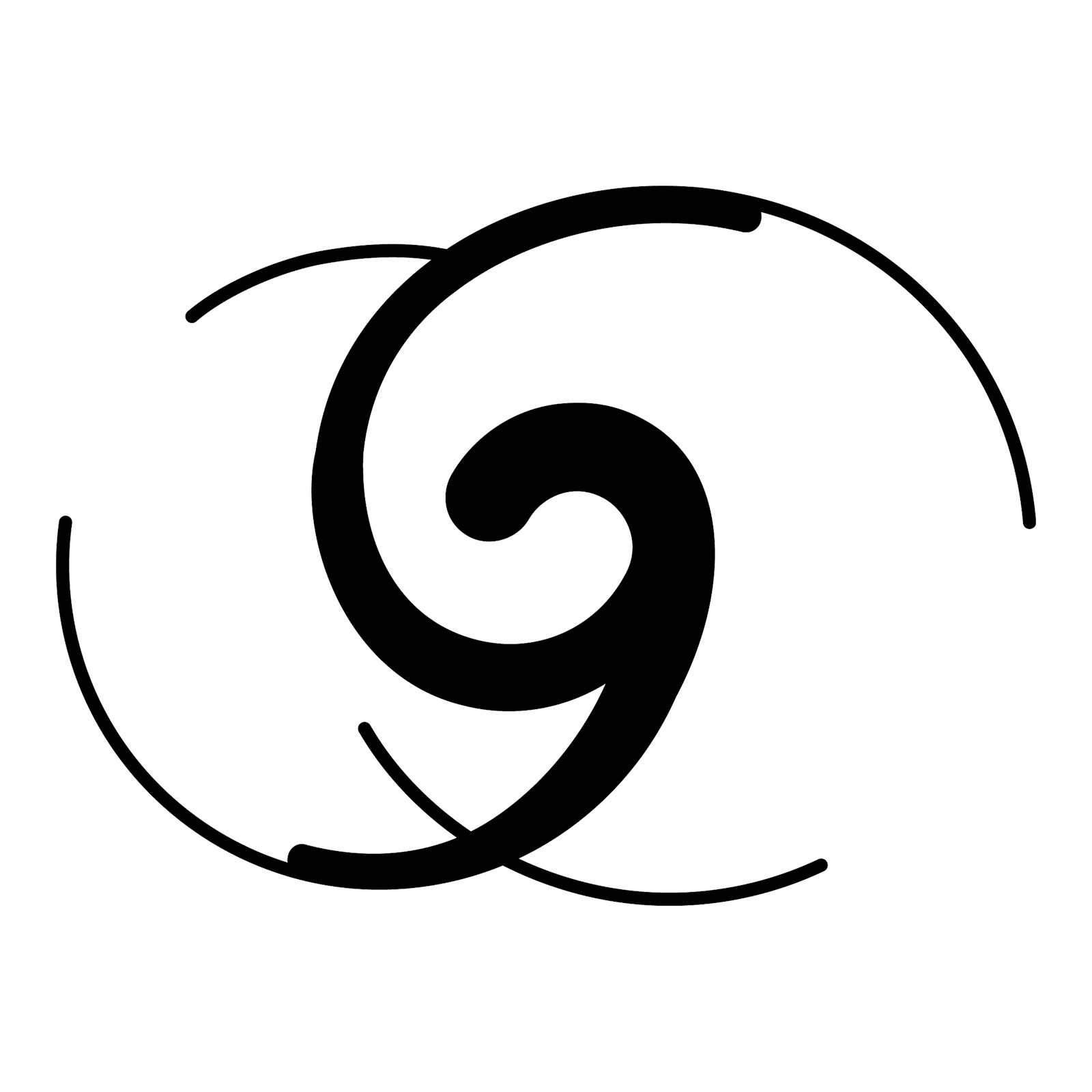Exploring the Impact of Oil Spills
Winner of the Junior Academy Challenge – Go Green Sea Blue Team
“Exploring the Extremes” – Fall 2022
Sponsored by NEOM
Published November 16, 2023

Team members: Ellen B. (Team Lead) (Philippines), Valeria S. (Peru), Joaquin S. (Peru), Smriti K. (Nepal), Tanisha T. (Indonesia)
Mentor: Jasmine P. (United States)
“Exploring the Extremes” required participating teams to offer new solutions to the major issues of our time.
The winning team, “Go Green Sea Blue”, took an ambitious, multi-pronged approach to tackling the complicated problem of oil spills, which pollute our oceans and threaten our marine ecosystems, our wildlife, and even our coastal environments.
“I loved the brainstorming sessions we had as a team and the passion each member showed for their part was transparent,” says Smirti. “As part of the research and game development team, I learned a lot about oil spills, and this strengthened my motivation for this project. Writing articles for our website helped me improve my writing.”
The team members identified key issues in the handling of oil spills, drawing on their diverse skills.
“Our team members came from diverse backgrounds and brought unique skills to the project,” explains Team Lead Ellen, who found the Challenge “an extremely rewarding experience.”
The Challenges
For example, tracking and locating oil spills, and containing their impact, is often difficult. Clean-up methods are insufficient to prevent long-term damage, and governments often struggle to identify those responsible and hold them accountable.
“This project has been a huge opportunity for me. It has changed my opinion on certain topics and made me realize the importance of having different points of view and of diversity,” says Valeria.
Building on the initial research they conducted, team members held long meetings online to develop a comprehensive approach that addresses several of these deficiencies. Jasmine, who mentored the team (and had supported teams in two previous Junior Academy Challenges), was impressed with their approach.
“I felt incredibly fortunate to work with such an organized team,” she explains. “At the first meeting, the team showed me their action plan for the whole challenge. The level of detail and organization from Go Green Sea Blue was absolutely remarkable.”
The students devised a five-point approach to address the devastating impact of oil spills on the oceans and the threat they pose to marine and human life. It wasn’t always easy.
“Though my team faced a lot of setbacks due to time differences and the tight schedule, we pulled together and figured out a way to make it work,” says Tanisha. “We made sure that we put quality over quantity and invested our efforts to do the best that we were able to do.”
The Team’s Process
As a first component of their solution, the high-schoolers proposed the creation of a machine-learning model that relies on satellite images to detect oil spills, using Radarsat Synthetic-Aperture Radar (SAR) technology and Automatic Identification System (AIS) to identify the most likely perpetrators.
Next, they suggested developing a mapping tool that would combine static and real-time data to create a centralized, interactive map for environmental disaster response, improving communication among environmental experts working on ocean pollution. To improve response time, they also proposed developing an eco-friendly mothership that incorporates early warning systems and GPS sensors to track and help clean up oil spills, using mini robots powered by photovoltaic cells that can operate for several weeks.
Raising awareness of the risks posed by oil spills, and the importance of maintaining ocean ecosystems among the population, especially for children, was the fourth element of the team’s extensive solution. To make learning fun and appealing, they devised an interactive game that tests the knowledge of users of all ages.
Finally, the team members proposed a new policy: the creation of a World Association for Marine Oil Spills which would work with existing marine institutions, such as the European Safety Maritime Agency and the Caspian Environmental Program, to improve international cooperation, raise funds for dedicated scientific research, and organize events– and also identify loopholes in existing legislation, and propose new laws.
“We had good times in the meetings– sometimes fun, sometimes just excited by the progress we made day by day,” says Joaquin. “Even though we worked until the late hours of the night and the early hours of the morning on some days, we are very satisfied with the results we have achieved.”
Warning: Undefined variable $showit in /var/www/nyas_develop/nyas/public/wp-content/themes/nyas-theme-child/includes/shortcodes.php on line 1802
